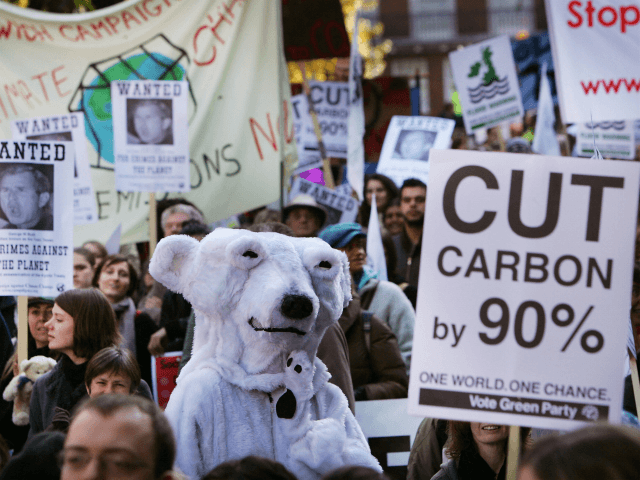The United Nations Climate Change Secretariat released its first ever annual report this week, in which it held up its “Gender Action Plan” as a key to increasing the participation of women in responding to global warming.
“Climate Change is the single biggest threat to life, security and prosperity on Earth,” said UN Climate Change Executive Secretary Patricia Espinosa at the roll-out of the report.
“This annual report shows how UN Climate Change is doing everything it can to support, encourage and build on the global response to climate change,” Espinosa said, adding that “UN Climate Change’s mandate is to lead and support the global community in this international response, with the Paris Agreement and the Convention being the long-term vehicles for united global climate action.”
In his foreword to the report, UN Secretary-General António Guterres, expressed a similar conviction that global warming poses a singular threat to the world in the third millennium.
“Climate change is the defining challenge of our time,” Guterres warned, “yet it is still accelerating faster than our efforts to address it. Atmospheric levels of carbon dioxide are higher than they have been for 800,000 years, and they are increasing. So, too, are the catastrophic effects of our warming planet – extreme storms, droughts, fires, floods, melting ice and rising sea levels.”
The report focuses on the work of COP23 and the resulting Paris Climate Accord as being uniquely effective tools for combatting climate change and its effects.
Yet while there has never been a single documented case of a person being killed by CO2-related “global warming,” real pollution of air, water and land is killing an average of 25,000 people across the globe every single day, according to a major 2017 study by the prestigious Lancet journal.
In a strange disconnect, the Paris Accord never once mentions the word “pollution” in the entire 27-page document, focusing exclusively on the bogeyman of climate change.
In its study, the Lancet revealed that pollution-related diseases were responsible for an estimated 9 million premature deaths in 2015, or some 15 times more than from all wars and other forms of violence combined.
Although environmental activists like to talk of “carbon pollution,” in point of fact carbon dioxide (CO2) is not a “pollutant” at all. CO2 is colorless, odorless and completely non-toxic. Plants depend on it to live and grow, and human beings draw some into their lungs with every breath they take to no ill effect.
Some experts, in fact, such as UN climate scientist Dr. Indur Goklany, have defended rising CO2 levels as a positive thing for humanity. Goklany has argued that the rising level of carbon dioxide in the earth’s atmosphere “is currently net beneficial for both humanity and the biosphere generally.”
“The benefits are real, whereas the costs of warming are uncertain,” he said.
So as environmental activists jet around the world complaining of “carbon footprints” and preaching “renewable energy” while insisting that countries be taxed for their CO2 emissions, they are silent regarding the real and present menace that is currently wiping out millions of human beings around the world.
In the most severely affected countries, the Lancet report declared, “pollution-related disease is responsible for more than one death in four.”
Pollution “disproportionately kills the poor and the vulnerable,” the Lancet study found. “Nearly 92% of pollution-related deaths occur in low-income and middle-income countries and, in countries at every income level, disease caused by pollution is most prevalent among minorities and the marginalised.”
Nations have a duty to clean up their air, water, and land. A significant concentration of fine particulate matter in the air is especially dangerous and has been shown to increases the risk of acute lower respiratory infection, chronic obstructive pulmonary disease, heart disease, stroke and lung cancer.
Nonetheless, this real health damage from pollution “has particularly been overlooked in both the international development and the global health agendas,” the Lancet report stated.
“Although more than 70% of the diseases caused by pollution are non-communicable diseases, interventions against pollution are barely mentioned in the Global Action Plan for the Prevention and Control of Non-Communicable Diseases,” it said.
If the United Nations were truly interested in improving people’s health around the globe, they might spare a thought for killer pollution rather than devoting all their time and resources to promoting ideologically driven agendas.
Follow Thomas D. Williams on Twitter Follow @tdwilliamsrome

COMMENTS
Please let us know if you're having issues with commenting.